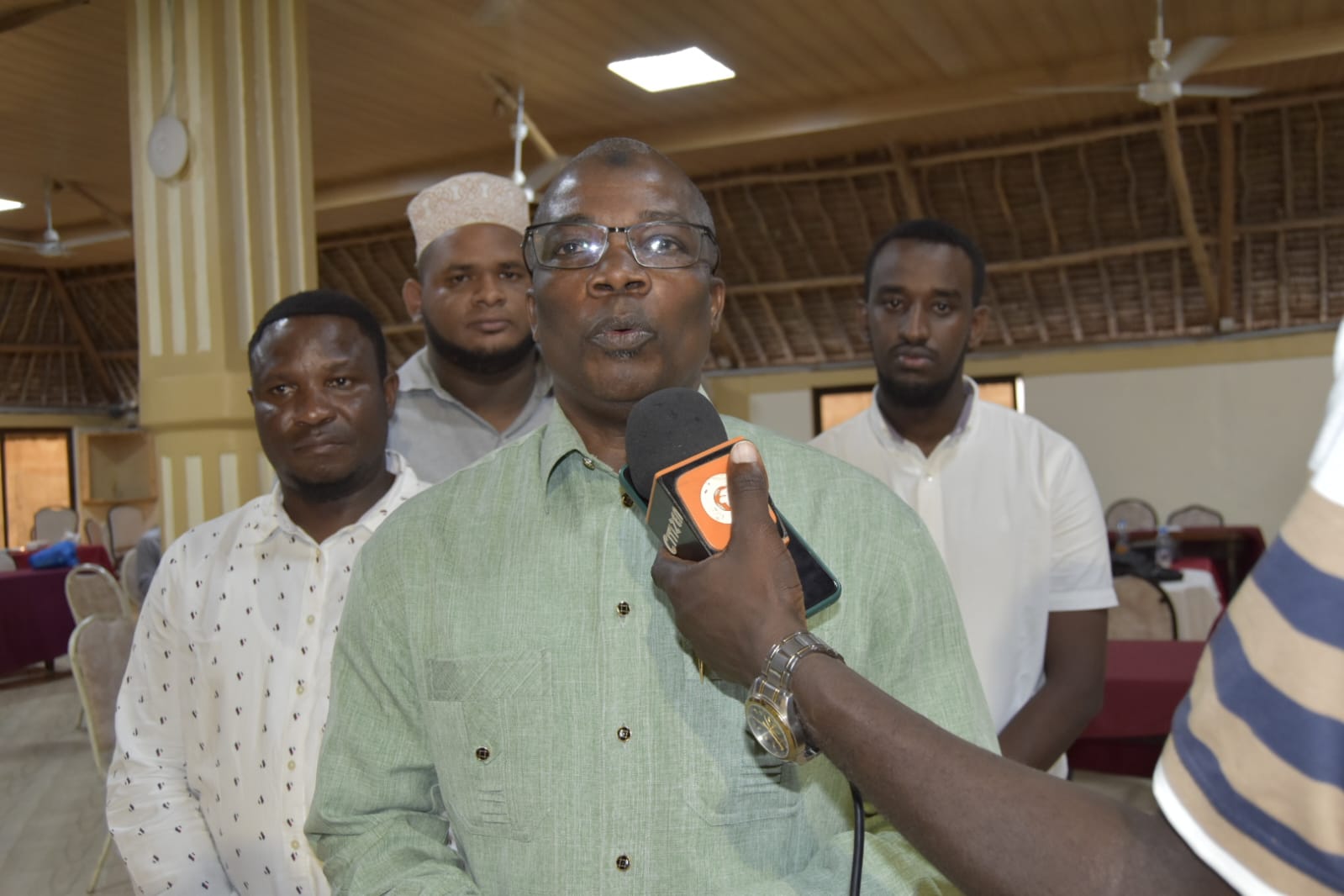

Traditionally, communities living in Garissa county, especially those of Somali origin, have been deeply entrenched in traditions that include a vibrant pastoralist culture and a strong emphasis on cultural values guided by their Islamic faith.
However, in the recent past, ostensibly due to modernisation, climate change and external influences from other parts of the country or abroad, a section of people in the hitherto rigid communities have sneaked some vices into the area, raising serious concerns.
For instance, over the past few years, there has been an emergence of vices like Gender Based Violence, rape, sodomy, defilement, pedophilia and gang rape, which are so new in the region.
According to the County Executive for Gender Hawa Sahal, at least 51 active court cases on rape and gender violence, and seven cases of sodomy were reported in the region over the last one year.
Human Rights organisations, religious leaders and government officials have now raised concerns over increased cases of recording and sharing of pornographic materials on social media by the local people.
Speaking during a workshop organised by Muslim for Human Rights organization (MUHURI), Garissa County Commissioner(CC) Mohamed Mwabudzo warned that the government will conduct a crackdown on the perpetrators and charge them in court.
Mwabudzo further cautioned the young people in the area against involving themselves in premarital sexual activities, noting that such behaviour goes against their faith and religious teachings.
“There has been an emergence of pornographic videos, which have been recorded here in Garissa and shared on social media. It is a major shame for those who have recorded those videos and those who were involved in the acts,” Mwabudzo said.
“We have recorded several cases of such crimes and the police are investigating those who shared these materials. There have also been other cases of young people involving themselves in immoral sexual activities, and this is against our Islamic faith and it is bringing shame to the people of Garissa,” Mwabudzo added.
MUHURI’s Executive Director, Walid Kassim on his part called on the national and county government, religious leaders, human rights organisations and other stakeholders to call for an engagement forum to find the solutions for such challenges.
The Kenya Film Classification Board (KFCB) has also condemned the indecent acts and called on Kenyans to adhere to rules regulating the sharing of film and content even on social media.
KFCB’s Northeastern Region Manager, Issa Dagane warned that the production and distribution of pornographic material also contravenes the provisions of the Computer Misuse and Cybercrimes Act, 2018, as well as the Penal Code, which criminalises acts that threaten public morality and decency.
“The Kenya Film Classification Board (KFCB) strongly condemns the recent circulation of indecent and pornographic videos allegedly filmed in Garissa and shared widely on social media platforms. Such content is not only morally reprehensible, but also constitutes a gross violation of Kenyan laws governing the creation, distribution, and exhibition of films and related content,” he said.
“We wish to remind the public that under the Films and Stage Plays Act, Cap 222, Laws of Kenya, it is illegal to produce, distribute, exhibit, or possess for distribution any film or video content without approval and classification by the Board."
According to Dagane, Section 4 of the Act clearly states that no film shall be made or exhibited unless it has been examined and licensed by the Board. Additionally, Section 16 prohibits the distribution of obscene or indecent content that may offend public decency.



















